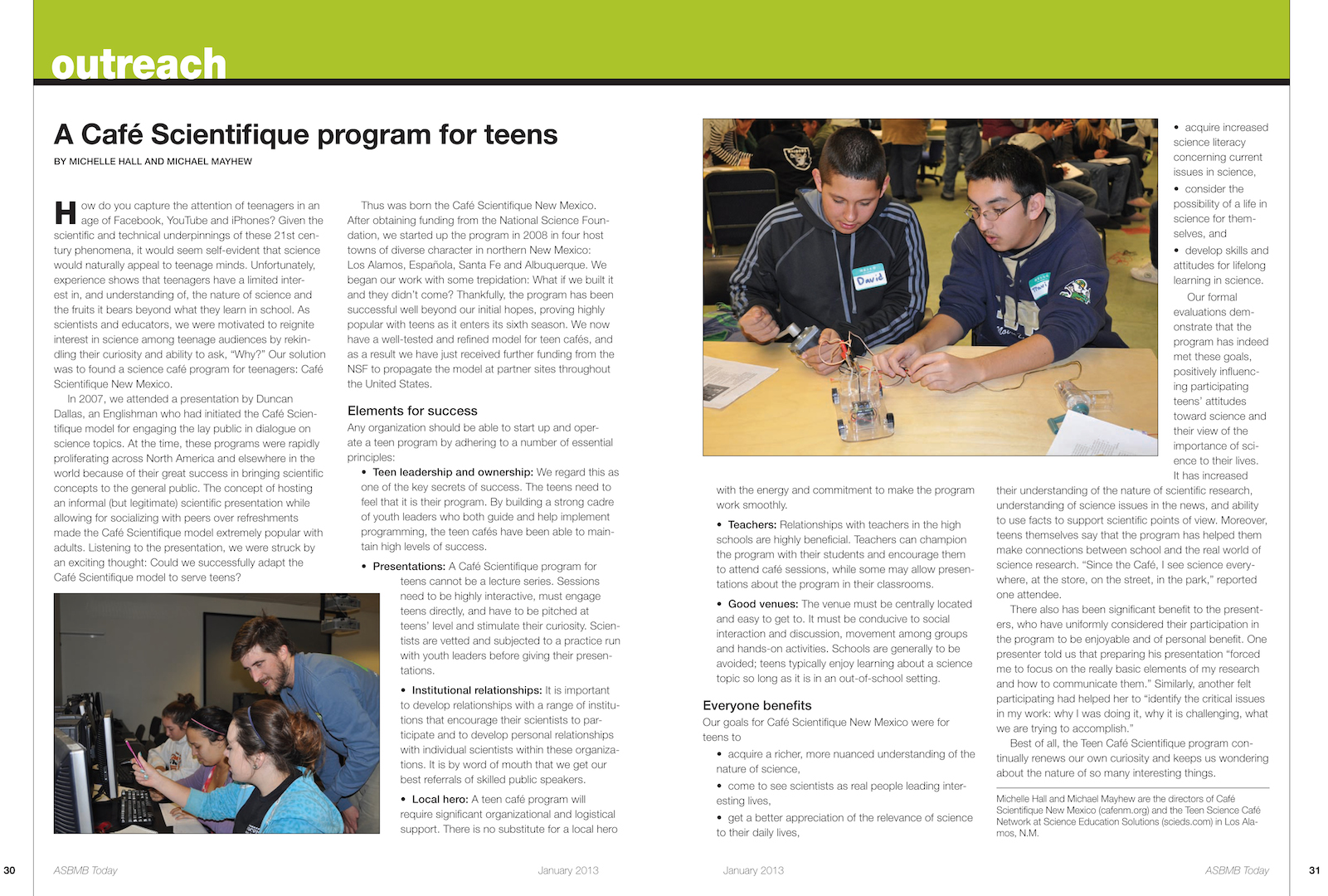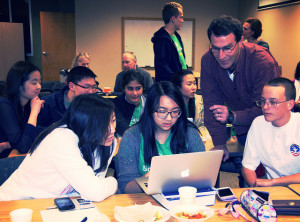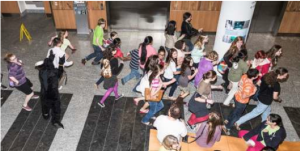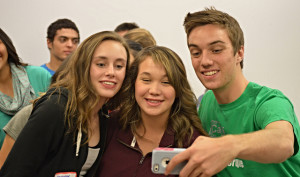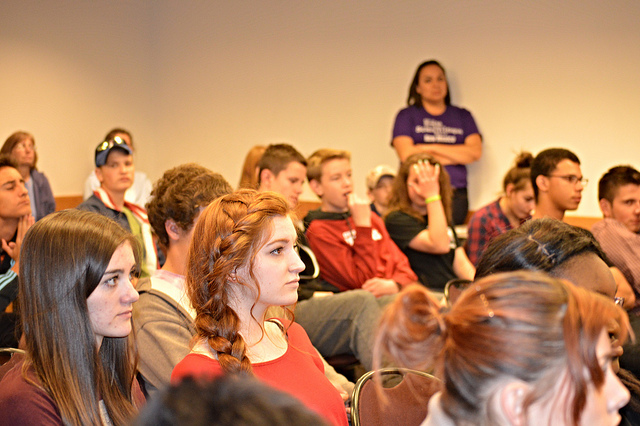
Educational Programs Drive the Future
Educational programs drive the future, so how will the next generation of optics and photonics workers be educated? The International Year of Light, National Photonics Initiative and Next Generation Science Standards are changing the way students are learning both in the classroom and outside of it.
JUDY DONNELLY, CONTRIBUTING EDITOR
Teen Science Cafés
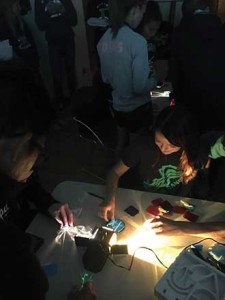
High School students play with light refraction at the first Café Scientifique in Rio Rancho, N.M., presented by Imelda Atencio, Ph. D., an optical engineer at the U.S. Air Force Research Laboratory. Photo Courtesy of Teresa Madrid
Scientists and engineers are also reaching out to the public to explain their work. Although the use of smartphones and social media are widespread among teenagers, many have a limited understanding of the nature of science and technology innovations and the implications for a rapidly changing world.
A new trend in education is the Teen Science Café, a free choice learning experience that brings teens and STEM professionals together in an informal setting to explore cutting edge discoveries and their impacts. A typical café program starts with a short 20-minute talk, followed by wide-ranging conversation exploring the given topic and hands- on learning. Teens who participate have learned how to create a hologram, explore design of laser- guided systems, match human skeletons to victim lists, employ models of past trends to predict future events, and build robots, among other projects. Unique to teen science café programs is that they are led by teens, for teens. This ensures the programming is relevant and stimulates curiosity.
According to Michelle Hall, president of Science Education Solutions in New Mexico, rich conversation around the given topic and hands-on activity are key to successful science cafés. Engaging participants provides different perspectives and new dimensions.
Teen Science Cafés have been shown to significantly change teens’ views of the importance of science in everyday life. The programs have increased teens’ ability and confidence to use facts to support scientific points of view and to consider multiple sides of an issue before making a decision. The café events have also positively influenced teens’ interest in science, science-related careers and scientific research. Students learn the social implications of science research, as well.
The Teen Science Café Network, and the many other educational programs like it around the world, are proving invaluable as they promote exploration, creativity and life-long learning to the next generation of STEM engineers.
http://www.photonics.com/Article.aspx?PID=5&VID=135&IID=860&Tag=Features&AID=58174

 Previous Post
Previous Post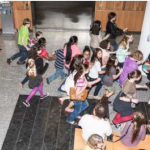 Next Post
Next Post